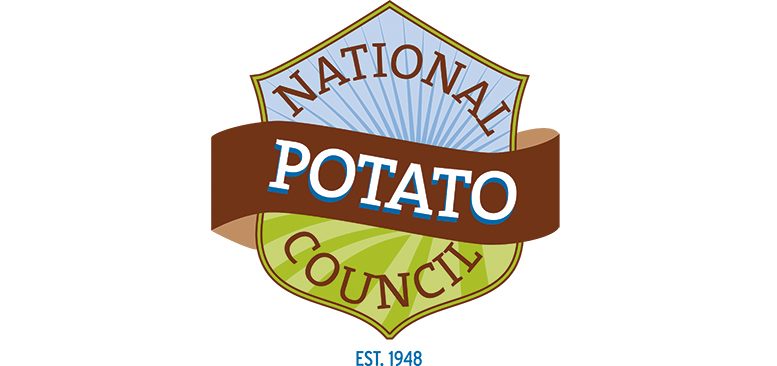|
Click to listen to this article
|
By Kam Quarles, CEO, National Potato Council
The infrastructure bill has been signed into law, providing $550 billion in new spending on physical infrastructure over the next five years. It also extends existing transportation programs, bringing the total projected spending over 10 years to $1.2 trillion.
On the day of the bill signing in the White House Rose Garden, USDA Secretary Tom Vilsack joked in a tweet that with President Biden’s signature, “Infrastructure Week” had finally ended. This was ironic as “Infrastructure Week” had been promoted and attempted in fits and starts by numerous presidents and sessions of Congress. Even so, the bill signing highlighted the fact that the best way to pass anything as comprehensive and expensive as the “Infrastructure Investment and Jobs Act” is to engage a wide range of players from both ends of the political spectrum.
The way the infrastructure bill was passed in bipartisan fashion also underlines the philosophy of the National Potato Council (NPC) that we, as an industry – and as a country – are at our best when we set aside our political differences to develop real and tangible policy results for our citizens.
After repeated attempts over the years, this legislation was finally brought over the finish line with the broad support of the agriculture industry because it delivered long-term federal aid for a number of long-held priorities. Those investments touch areas vital to stakeholders throughout modern agriculture: the bolstering of our roads and bridges, the enhancement of rural broadband, and the funding of ports and inland waterways.
The bill’s cornerstone is its much needed (and long overdue) investment in U.S. roads and bridges. With $110 billion slated in long-term funding, the potato industry will benefit from improvements of millions of miles of roads, highways and bridges – investments that are essential to getting food grown, harvested, transported, and delivered to dinner tables throughout America and to consumers overseas. Not only will this funding help increase companies’ bottom lines by making it more efficient to transport goods, it will boost the U.S. potato industry’s competitiveness as a whole compared to our international rivals.
In the area of rural broadband, the bill’s $65 billion in funding will help close internet service gaps throughout the nation, but particularly in underserved rural communities. Anyone involved in modern ag knows that broadband access is essential to growers focused on maximizing yield, limiting costs and lowering environmental impacts. Unfortunately, due to service gaps, many rural communities are significantly underserviced, leaving farm families and farming operations behind their fellow citizens and competing businesses. The investment in the infrastructure bill will help those communities catch up through enhanced broadband connectivity, providing growers access to the latest yield-maximizing farming techniques.
Finally, the bill provides $17 billion in port infrastructure and waterway funding. With one out of every six rows of U.S. potatoes destined for foreign consumers, the importance of our ports and waterways to the short- and long-term health of our industry cannot be overstated. The supply chain troubles starting at our ports and emanating throughout the country may be today’s front-page news, but the challenges of shipping potato products through aging ports are nothing new to our industry members. With upgraded capabilities of our ports, we hope to further expand the international footprint of the U.S. potato industry.
NPC has long advocated for a reliable and competitive intermodal network of roads, bridges, port facilities, ocean shipping, and railroad capacity to improve the production and movement of crops from field to market. Not only does the recently signed infrastructure bill help address some of these longstanding issues, it shows that even in an age of fierce partisanship, we can still find commonsense solutions to improve the lives and livelihoods of growers and citizens alike.

